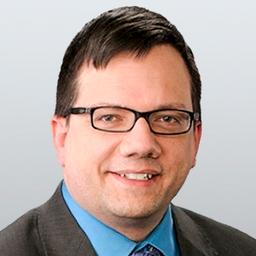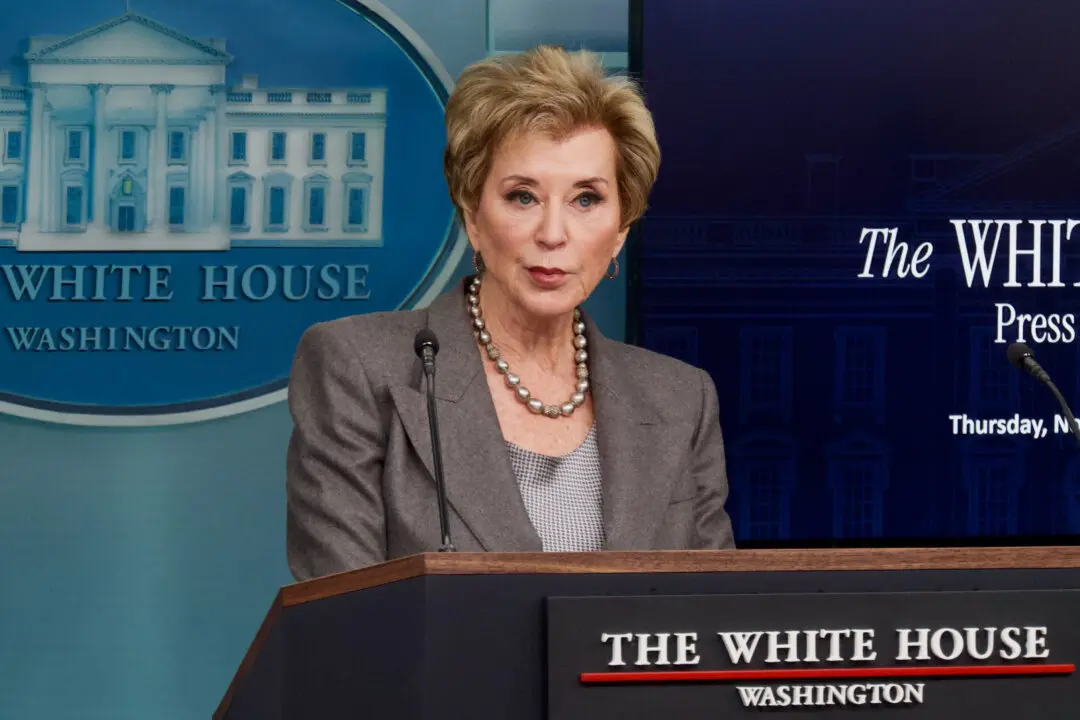Commentary
The Ontario College of Teachers (OCT) serves as the regulatory body for public school teachers in Ontario. All teachers in the public school system are required to be members in good standing of the college. When a complaint comes in, the OCT is obligated to investigate and, if the teacher is found guilty, decide on an appropriate consequence.





